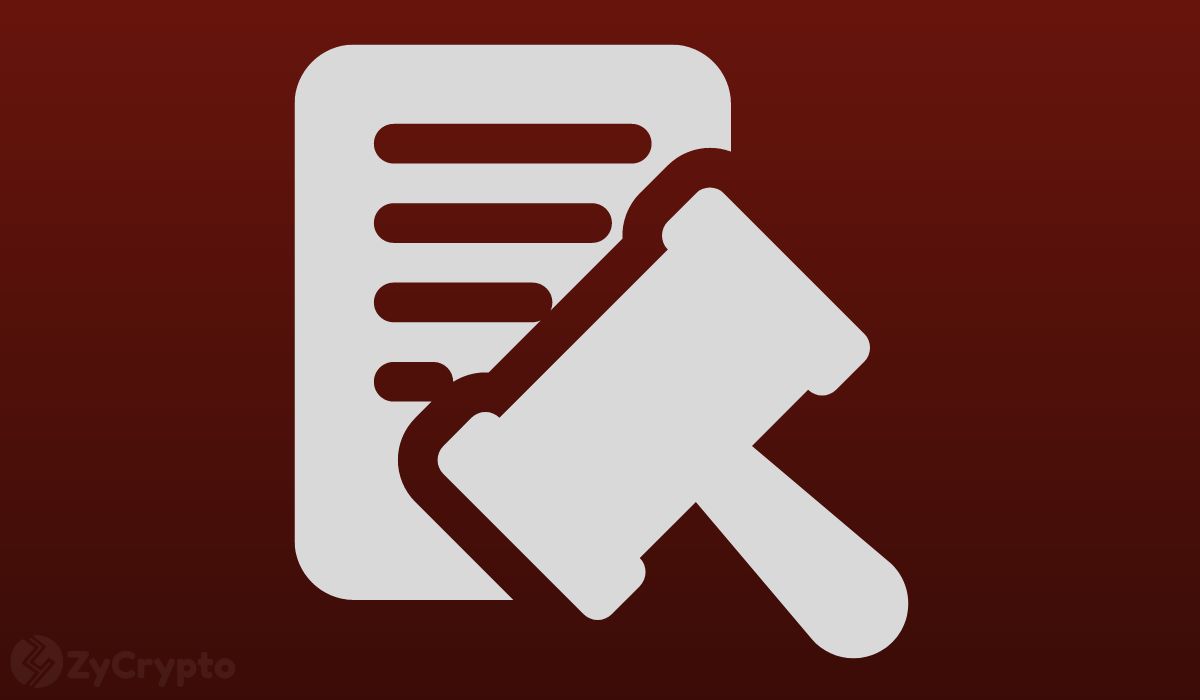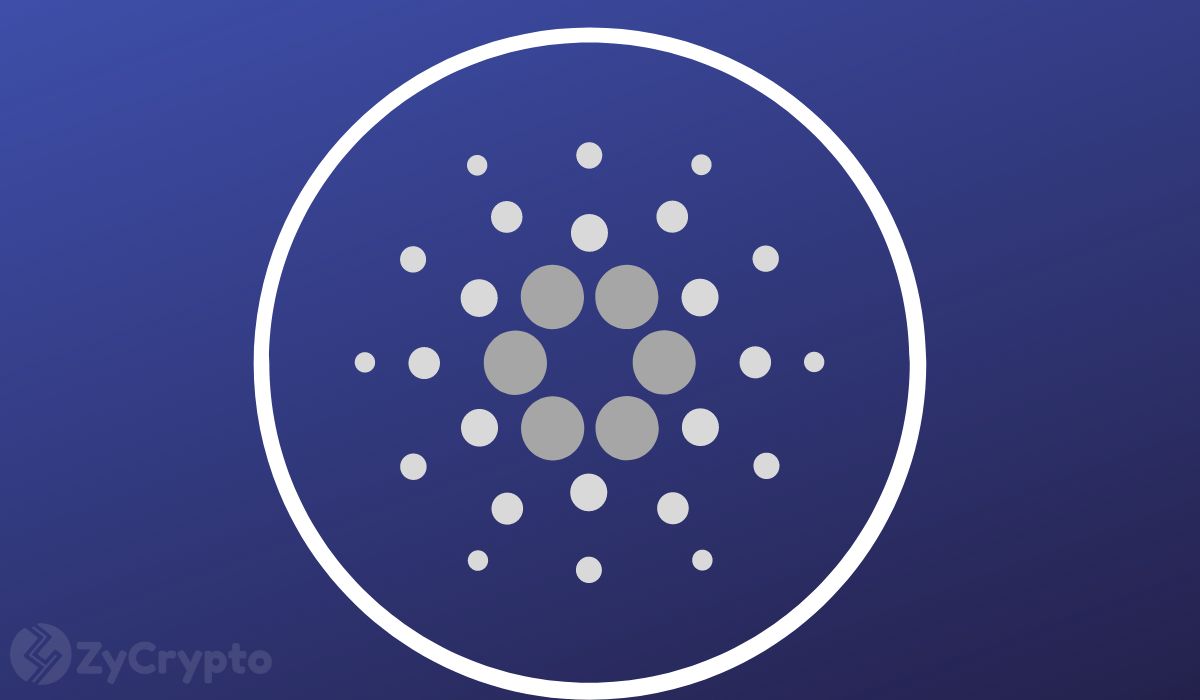2018-7-7 23:48 |
Ethereum creator, Vitalik Buterin, was recently interviewed at the TechCrunch Sessions: Blockchain event, by Jon Evens. The discussion primarily focused around issues of centralization and decentralization in cryptocurrency.
Highlights from the interview include, Buterin, in his typical quirky manner, expressing his deep desire for centralized exchanges to “burn in hell”, along with a great deal of substantive information coming from one of cryptocurrency’s most important figures.
Concerns Over Centralized of Mining PoolsThe interview began with Buterin noting that an insufficient amount of attention is being given to the importance of decentralization in today’s cryptocurrency discussion. This is particularly true in the case of mining pools dominating network hash rates.
“Back in 2013, when GHash had 51 percent everybody freaked out. It’s happening a second time and people aren’t really talking about it this much,” said Buterin.
Buterin was likely alluding to the powerful Chinese mining pool, Bitmain, which currently controls 42% of the Bitcoin network’s hash rate. In the event that a mining pool like Bitmain grew to control 51 percent of the hash rate, a number of major security risks would present themselves on the Bitcoin network.
Buterin recognizes the ever-present danger of centralized cryptocurrencies and emphasized that, “The Ethereum Foundation tries very hard to be a decentralized organization. We try very hard not to have a very hard divide, such as you’re on the inside and you’re on the outside.”
Issues Associated with Anonymous AccountsThe discussion then turned to the topic of anonymous accounts and the potential problems that come with them.
In the case of Ethereum, users are essentially assigned anonymous accounts which can only be accessed through digital keys. Anonymous accounts are great, right up until a user accidentally loses their keys—in which case users have no recourse on Ethereum for recovering the funds trapped in their Ethereum wallets.
The dangers presented by unrecoverable accounts have led competing platforms like EOS to abandon the idea of anonymous accounts altogether in order to provide users with account recovery options. EOS creator, Dan Larimer, thinks anonymous accounts will need to be abandoned in order for cryptocurrency to achieve mainstream adoption.
Decentralization and RegulationThe interview then addressed another topic relevant to the mainstream adoption of cryptocurrencies: the balance between decentralization and adhering to formal regulatory requirements.
There is a case to be made that due to regulatory requirements by banks and federal governments, certain aspects of decentralization may need to be given up in order for cryptocurrencies to gain mainstream adoption.
Buterin acknowledges his critics who suggest that Ethereum is currently too decentralized to ever meet regulatory requirements stating, “In a lot of industries, I understand that it comes down to compromises.” However, Buterin insists that developing innovative solutions for public blockchain platforms is a better point of focus than centralizing the platform to conform to institutional regulations.
“Even Plasma chains are a better way to make that compromise. You get the efficiency of a centralized server, almost the same code of a centralized server, but a public blockchain fallback in case the centralized server ends up failing.”
Buterin continued, “If all user authentication methods end up failing it’s going to be hard to reach mainstream adoption. I’m interested in social recovery, multi-key schemes.” Buterin sarcastically followed up with, “If all fails we’ll all use Coinbase — that’ll be less fun.”
Centralized ExchangesFinally, Buterin tackled the issue of centralized exchanges, touching on the perceived injustice of projects needing to pay tens of millions of dollars in listing fees in order to be traded on some exchanges.
“I definitely hope centralized exchanges go burn in hell as much as possible,” he said, in one of the interview’s most quotable moments.
While centralized exchanges currently serve as an essential interface between the fiat world and cryptocurrencies, Buterin pointed out that the real problem is that, “the fiat world only has centralized gateways.”
One proposed solution to centralized exchanges come in the form of peer-to-peer crypto exchanges. Buterin explained that such exchanges are still in their infancy, but that they come with a number of advantages.
For one, peer to peer exchanges wouldn’t require sign ups or logins. Users could safely trade by simply exchanging wallet numbers, and the exchange would only serve as an “input/output tunnel” for transferring tokens of different currencies.
The interview concluded with some more Buterin-styled lampooning of Bitcoin’s internal disagreements followed by some larger points about the importance of a shared group vision for the success of platforms like Ethereum.
Throughout the interview, Buterin’s in depth analysis and humor makes it clear to viewers that he is someone who understands the nuanced challenges growing blockchain platforms are facing. He doesn’t always look for the simplest solution, rather he encourages the crypto-community to think about the big picture.
“Growth of the communities definitely depends on what the earliest members believe. I think it is something where we do make a deliberate effort to basically promote the right values and attract the right people both in an inclusive sense and in an exclusive sense. It also means that we make a culture that is hostile to people who take themselves too seriously.”
The post Vitalik Buterin Encourages Centralized Exchanges to ‘Burn in Hell’ at TechCrunch appeared first on UNHASHED.
origin »Global Cryptocurrency (GCC) íà Currencies.ru
|
|






